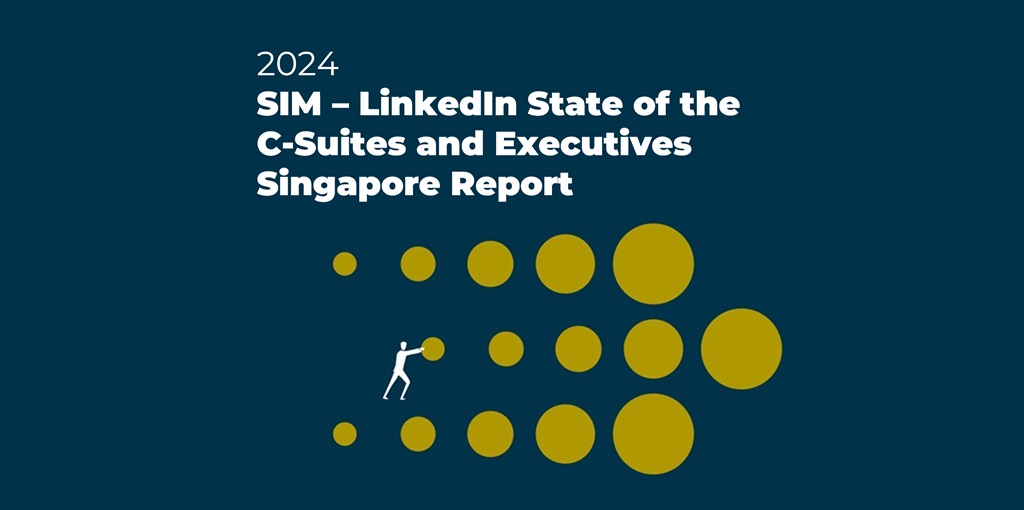in today’s workplace, the true catalyst for productivity, team cohesion, and resilience lies in understanding human behaviour. Technical skills and data-driven strategies remain important, but it is the ability to interpret, connect with, and influence people that often determines long-term success. Drawing from psychology, neuroscience, and behavioural sciences, this piece explores how behavioural insight helps organisations navigate complexity, improve relationships, and thrive in a world shaped by uncertainty and artificial intelligence.
The Science of Human Behaviour
Human behaviour stems from a blend of personality, experience, and environment. Understanding why people act the way they do requires more than intuition, it requires behavioural literacy. Some people are naturally detail-focused; others think in broad strokes. Some thrive under structure, others under freedom. These patterns, shaped by both biology and context, are predictable and, more importantly, manageable.
Rather than judging behaviour as “right” or “wrong,” effective leaders look for what drives it. They ask: Is this person responding to pressure, habit, motivation, or fear? By decoding behaviour, managers can guide performance, reduce conflict, and align individual tendencies with team goals.
Why This Matters in a BANI
The modern world is no longer just volatile or uncertain. It is BANI – Brittle, Anxious, Nonlinear, and Incomprehensible. In such a context, leaders can no longer rely solely on past models or rigid systems. Instead, they must respond with emotional intelligence and behavioural agility.
Understanding behavior in a BANI world helps:
- Navigate emotional undercurrents like anxiety and burnout.
- Anticipate human reactions to disruption or rapid change.
- Foster adaptability in environments where logic and predictability are lacking.
For example, a team struggling with a sudden reorganisation might not need another workflow overhaul. What they need is a leader who recognises the anxiety driving resistance and creates space for open dialogue and support.
Behavioural Intelligence in the Age of AI
As AI takes over repetitive tasks, the human role at work is evolving. What AI lacks, and will continue to lack, are the deeply human abilities of empathy, intuition, and emotional connection. Understanding behaviour equips leaders to:
- Ease the transition to AI-enabled workflows by addressing emotional responses.
- Design human-centric technology rollouts that respect diverse behavioural profiles.
- Preserve humanity in decision-making, ensuring ethical and inclusive workplaces.
Consider a company that introduced AI tools into their customer service workflow. Initial resistance stemmed not from the tool itself, but from perceived job insecurity. Leaders trained in behavioural insight reframed the narrative, involved employees in the process, and provided emotional support, leading to a smoother transition and increased job satisfaction.
Real-World Benefits of Behavioral Understanding
1. Boosting Productivity
Google’s Project Aristotle revealed that psychological safety is the top trait of high-performing teams, a direct result of behavioral leadership. In another example, a marketing agency used behavioural assessments to identify that most team members needed visible progress markers and recognition. By breaking down large projects and celebrating small wins, they increased delivery speed by 25% in three months.
2. Improving Relationships
Miscommunication often arises not from words but from mismatched behavioural styles. A logical, direct leader may alienate a team member who responds to emotional nuance. When people understand each other’s behavioral preferences, collaboration improves. A tech company facing constant tension between its sales and engineering teams found relief through behavioural training. Once both departments understood their differing drives, relationship-building vs. precision and structure, conflicts dropped by 40%, and project timelines improved.
3. Building Resilience in Tough Times
During COVID-19, a hospital with behaviourally trained leaders supported staff in personalised ways. Reflective employees received quiet recovery time, social workers held group debriefs, and high performers got focused goal-setting. This customised approach helped retain talent and sustain performance.
What Businesses Gain
Organisations that invest in behavioural understanding enjoy:
- Higher engagement as employees feel seen and valued.
- Reduced attrition because people stay where they feel understood.
- Greater innovation through behavioral diversity.
- Stronger customer relationships built on empathy.
- Smoother tech adoption as AI integrates into human systems with care.
In Summary
In a BANI world dominated by complexity and rapidly evolving technologies like AI, it is not just systems and data that leaders need to master, it’s people. Behavioural understanding is not a soft skill; it is a strategic necessity. It empowers leaders to make sense of complexity, respond with empathy, and guide their teams with clarity.
The future belongs to organisations that combine technological advancement with behavioral wisdom. Those who understand people will build not only better teams but also more humane, adaptive, and successful workplaces.







